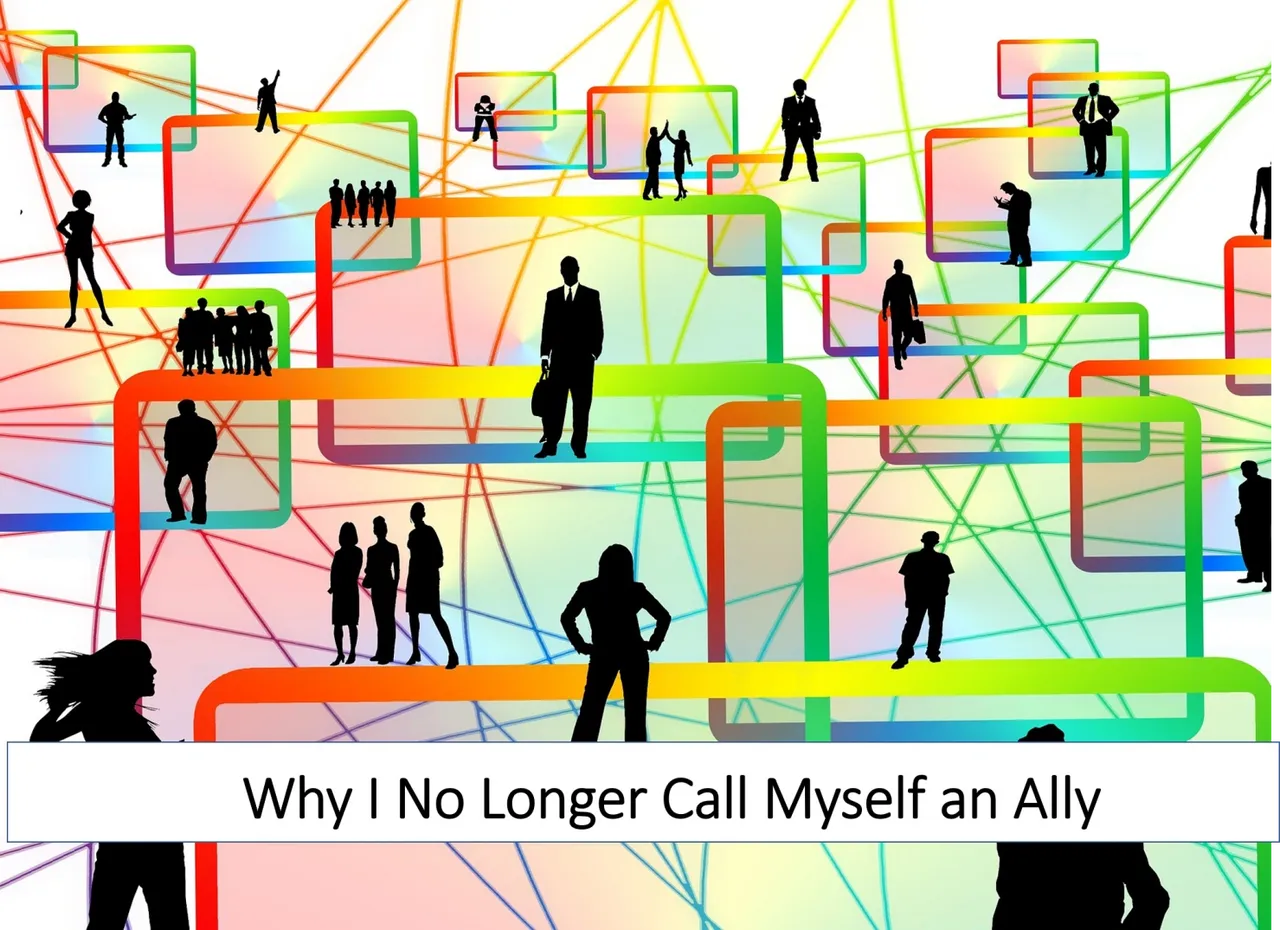Why I No Longer Call Myself an Ally

Ten years ago, I started facilitating introductory LGBTQ learning sessions. Within this context, I would share that I’m cisgender. I was labeled female at birth and I am a woman; the alignment of these two facts is categorized as “cisgender.” (Conversely, those whose sex labeled at birth does not match their genders is broadly categorized as “transgender.”) I would also call myself a trans ally—someone who supports trans people. At the time, I defined “ally” as someone who supports a community of which they are not personally a member.
During those learning sessions, I talked a lot about terminology and worked to demystify the specific words people wanted to understand. As an introduction, I would explain a few things about language: (1) Language is fluid. It shifts and changes over time. As people, our relationship to words change. Our level of comfort with specific words changes. We can all think of some words that used to be acceptable in a particular way and no longer are. (The use of “gay” and “queer” in the 1950s versus now is a prime example.) (2) Personal identity always prevails. While I would define each word for the specific regional and point-in-time context, that doesn’t mean that every LGBTQ person would use that word in the same way. The words people use to identify themselves always take precedence over someone else’s understanding of the same word. (3) With knowledge comes power, and with power comes responsibility. My basic message was this: now that you know more and know better, you have the responsibility to do better and to help educate others about how to create more welcoming and inclusive spaces for LGBTQ people.
The definition of “ally” has shifted a bit for me in the past decade. The word itself still means the same thing—a person who supports a community of which they do not personally identify. My view of who has the authority to use the word and how it is used has shifted. I used to view “ally” as a personal identity. But in an effort to be a good ally, I kept listening and watching those I want to support. As a queer person, I also listen to and watch the actions of those who call themselves allies to me and my community. Things didn’t always line up as neatly as I would have liked.
If I consider myself an ally to African American people but don’t pay reparations in some form, would I be called an ally by folks in that community? If I consider myself an ally to people with disabilities but host an event in a space that’s not accessible, would people with disabilities call me an ally? If I consider myself a supporter of workers’ rights, but still order from Amazon, would those on the front line consider me their ally? If you consider yourself an ally to queer people and then vote for political candidates who actively work to take away the rights of my community, would I consider you an ally? (The answer on that last one is decidedly ‘no,’ but other queer folks might not see eye to eye with me on that.)
Once I started down this rabbit hole of questions speculating my own allyship, I came back to the concept of intent versus impact; just because I haven’t intended harm doesn’t mean I haven’t created it. Similarly, just because I want to be a good ally doesn’t mean I am one. I reflected on the question, “Would the folks I seek to support say that I’ve always supported them?” One of the more humbling moments in my life came back to me.
I was leading a training about understanding and being a good ally to trans people. I co-facilitated this session with a trans person I didn’t know well. During the session, I said about my facilitator, “He was born female, but identifies as male.” The look of shock and pain on his face told me that I said something wrong. He chose to lean into this discomfort and use this opportunity to teach me and everyone watching. “I was not born female. I was labeled female at birth. I have always been male.” In that moment, did I deserve to be called an ally? Would he have called me an ally? I can’t speak for him…and never should have. And I learned that I shouldn’t speak for another community by calling myself an ally.
Allyship is complex and humbling. It is about making mistakes, learning from them, and doing better. How to be an ally changes as communities and language change. Communities so often underrepresented, overlooked, and pushed to the margins consistently— and rightly—increase the standards of what it means to be an ally. If I’m not a member of those communities, I can’t set those standards.
I stopped calling myself an ally for trans and non-binary people. I stopped calling myself an ally to people of color and people with disabilities. Instead, I work to “walk the talk.” I work to listen and learn. I might say, “I work to be an ally,” but I don’t say I am one. “Ally” is a term bestowed upon a person. It is a term that must be earned, and one that can be quickly lost. One person within a community might decide that I’m an ally and others may not. That’s their decision; not mine.
Stephanie Huckel is the founder of Huckel Inclusive, a diversity and inclusion consulting firm with expertise in LGBTQ+ inclusion, strategic planning, curriculum development, and facilitation.
